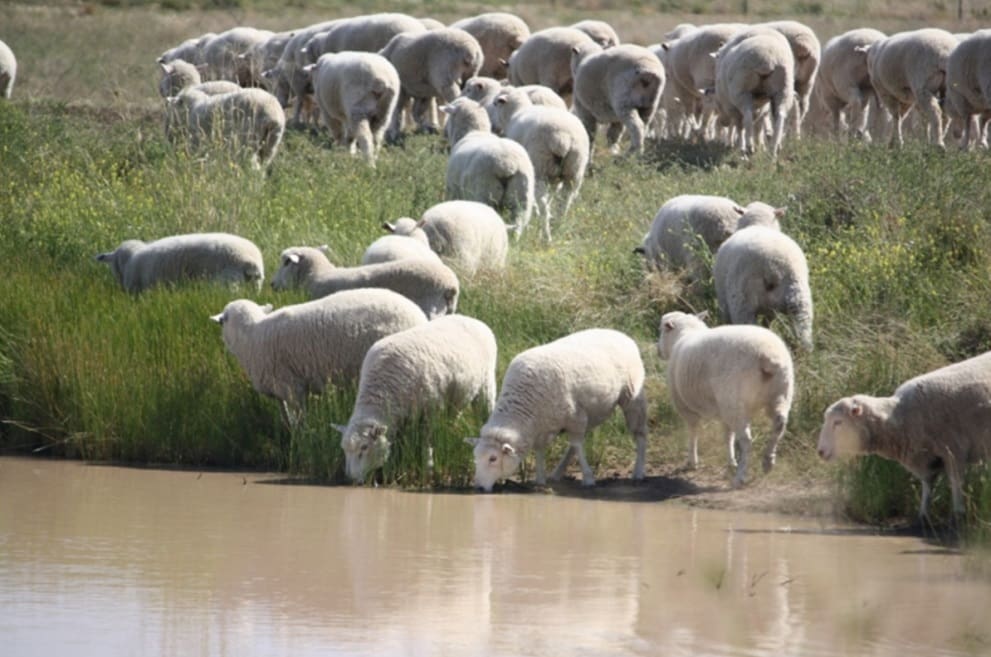SHEEP breeders now have access to a DNA test to identify carriers of the hypotrichosis gene, which causes lambs to be born with little or no hair on the head and legs, and in some cases, develop thick, leathery skin.
The test from Neogen Australasia is particularly good news for breeders of terminal breeds, where the condition has appeared on occasion in recent years, posing a risk to maternal breeding flocks.
 Neogen Australasia’s manager of Sheep DNA Services, Melanie Dowling said while the gene was recessive and did not cause significant health issues in affected animals, it could also lead to the development of thick, leathery skin in affected lambs.
Neogen Australasia’s manager of Sheep DNA Services, Melanie Dowling said while the gene was recessive and did not cause significant health issues in affected animals, it could also lead to the development of thick, leathery skin in affected lambs.
Ms Dowling said the inclusion of a hypotrichosis gene test in Neogen’s test suite would provide stud breeders with reassurance that they are not passing on the gene to commercial breeding flocks via sale rams.
For a lamb to be born with hypotrichosis, both the ram and ewe must be carriers of the recessive gene, Ms Dowling said. This also meant the condition can remain hidden for a number of generations, particularly through the female side of the pedigree unless testing is done.
By incorporating the marker for the condition into Neogen’s DNA product portfolio, sheep breeders will now be able to identify carriers before joining occurs, while also obtaining genomic information on production traits like growth rates and meat quality.
Producers who suspect their flock is carrying the hypotrichosis gene can collect a DNA sample using a tissue sample unit (TSU) for analysis by Neogen.
DNA tests are available for a range of genetic conditions, which enable sheep breeders to cull with confidence knowing that they are only keeping animals with the best genetic potential in their flock.
“Testing for parentage and genetic conditions provides an immediate return on investment for breeders in being forewarned and forearmed when making culling and joining decisions,” Ms Dowling said.
“For stud breeders it’s also an investment in protecting the reputation of their brand by allowing them to discover poor performers before it’s too late.”
Source: Neogen

HAVE YOUR SAY